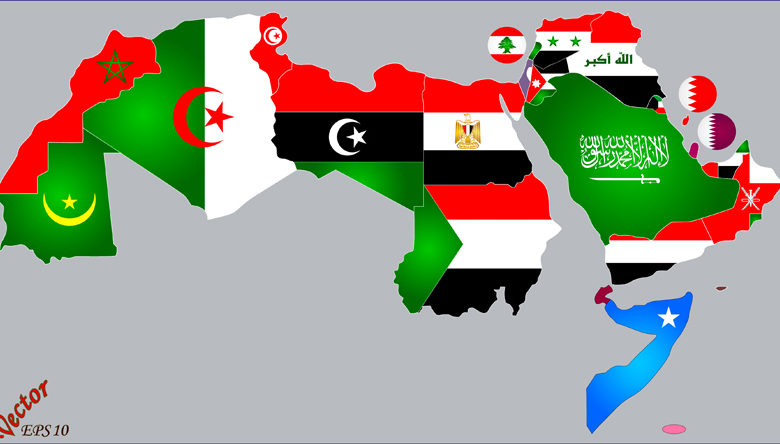The Arab world boasts significant economic diversity, with the Gulf states reigning supreme with the largest economies thanks to oil and gas revenues, while other countries like Egypt and Morocco rely on economic diversification that includes industry, agriculture, and tourism. In this article, we review the strongest Arab economies based on the latest available data for 2024-2025, with an analysis of the most prominent factors influencing the strength of these economies.
Ranking of the Strongest Arab Economies by Gross Domestic Product (GDP)
1. Kingdom of Saudi Arabia ($1.07 Trillion)
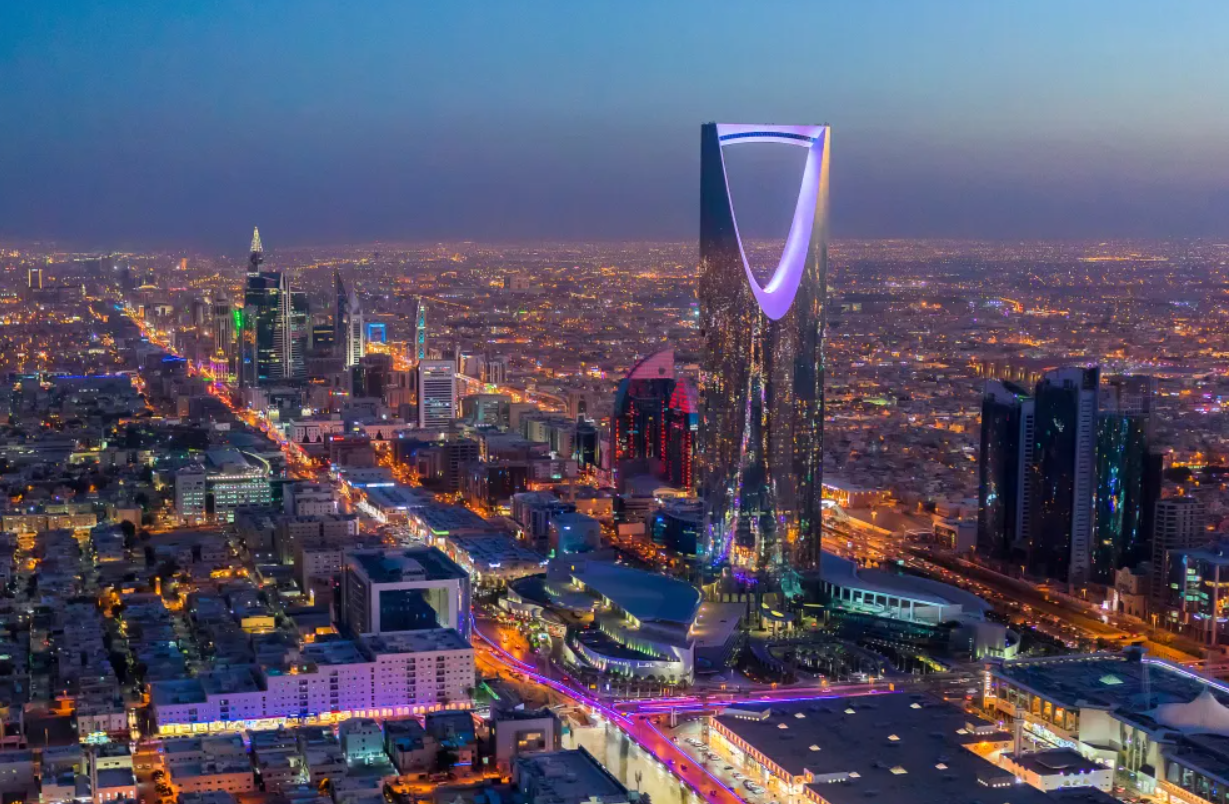
-
- Main Exports: Oil, petrochemicals, manufacturing industries.
- Key Projects: Vision 2030, NEOM, Red Sea Project.
- Notes: Saudi Arabia ranks first in the Arab world and sixteenth globally in terms of economic size, contributing about 31.5% of the total GDP of Arab countries.
2. United Arab Emirates ($504 Billion)
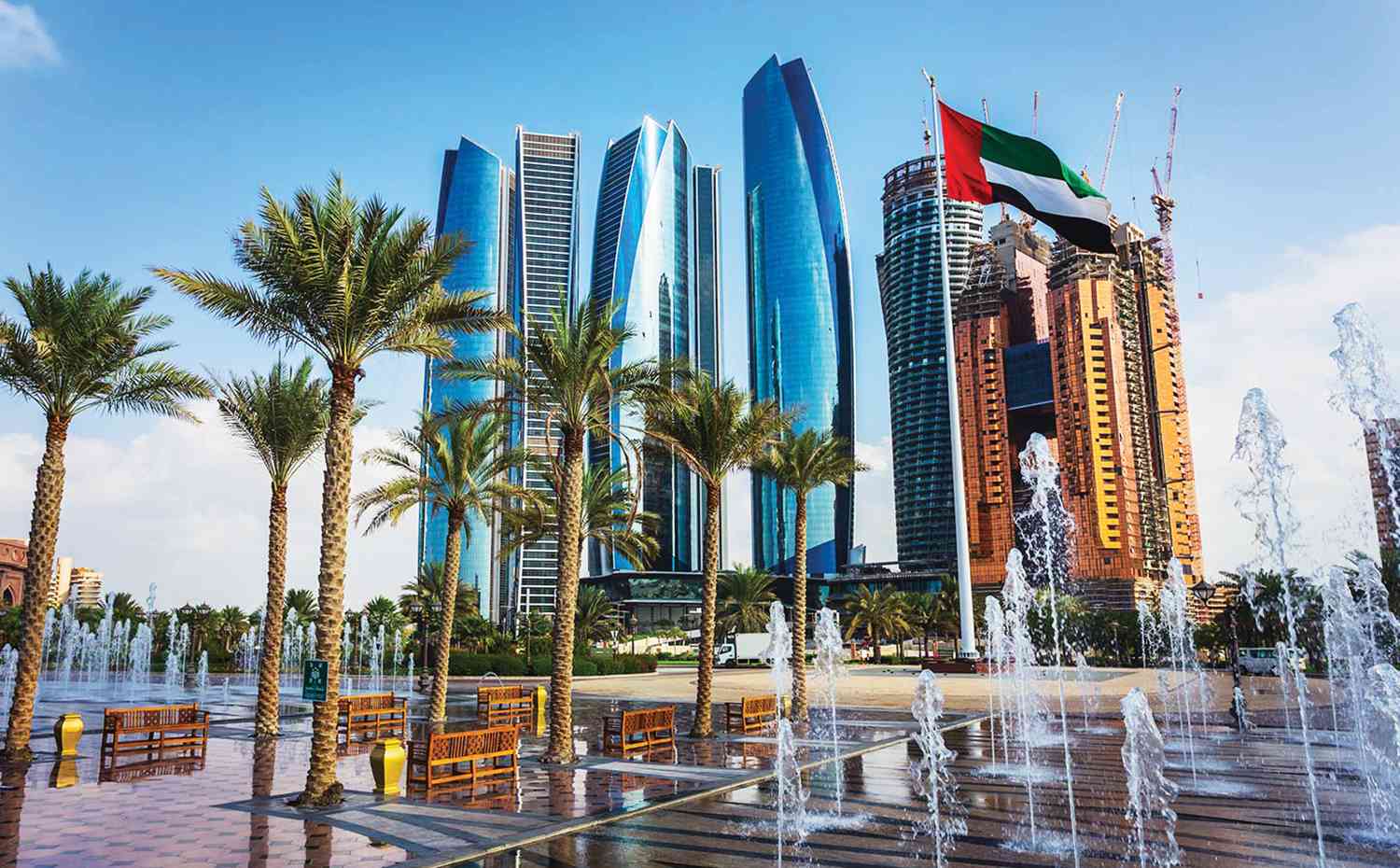
- Main Exports: Oil, tourism, free trade (such as Dubai).
- Key Projects: Expo 2020, Masdar City, digital economy.
- Notes: The UAE has a diversified economy, constituting 14.8% of the Arab economy.
3. Egypt ($395 Billion)
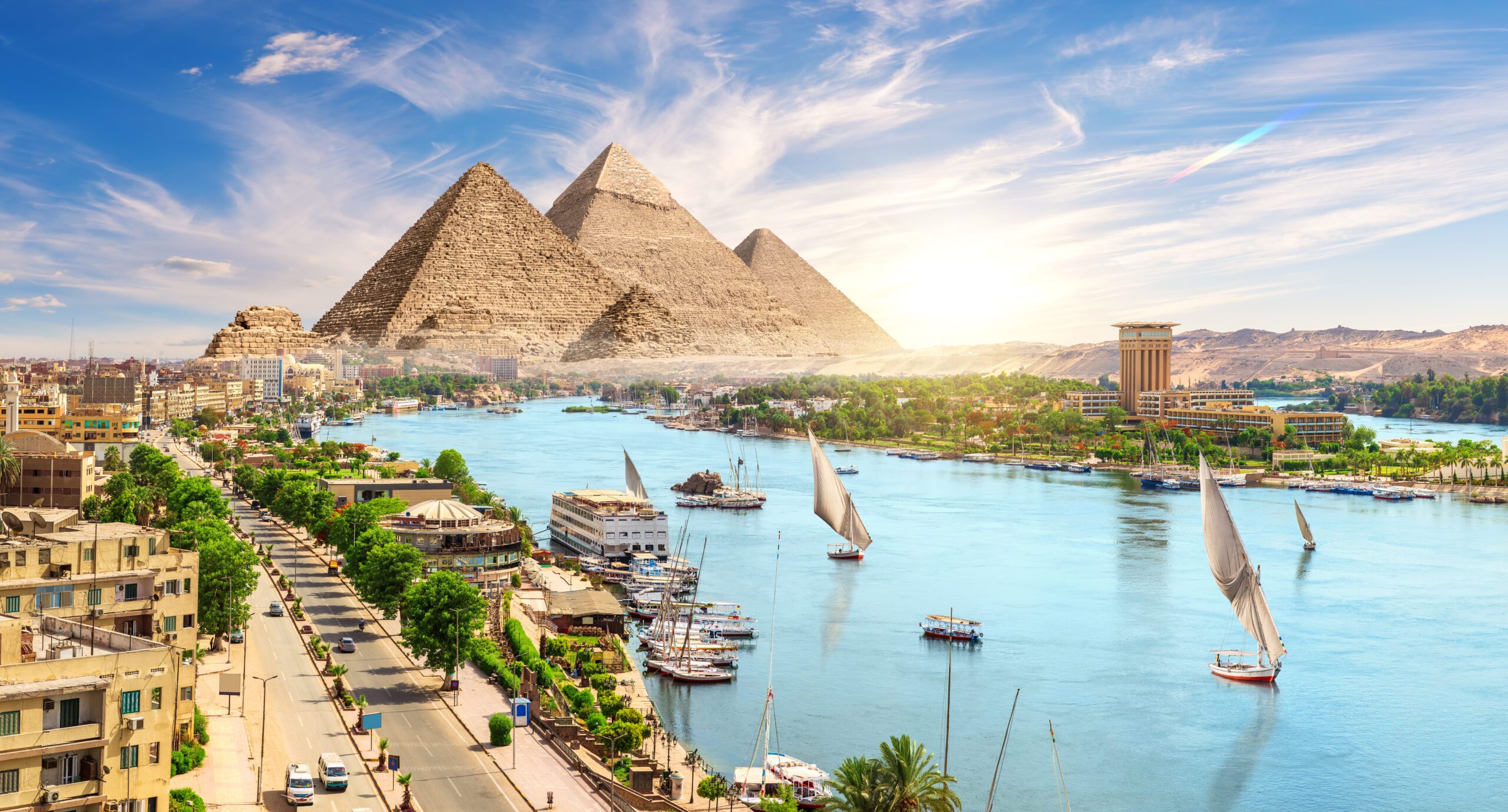
- Main Exports: Natural gas, cotton, tourism, pharmaceutical industries.
- Key Projects: New Administrative Capital, Ras El Hekma Project, Suez Canal.
- Notes: Despite economic challenges, Egypt ranks third in the Arab world and aims to boost its growth through foreign investments.
4. Iraq ($250 Billion)
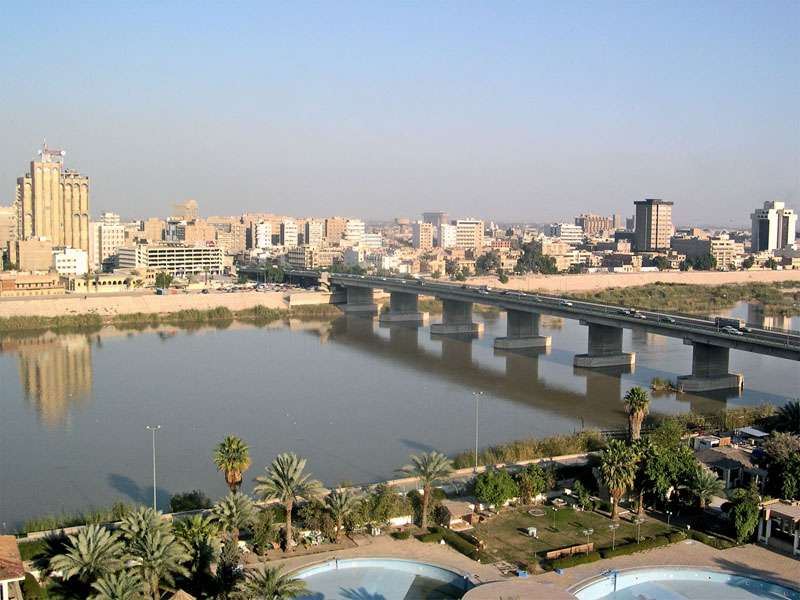
- Main Exports: Oil, agriculture (such as dates).
- Key Projects: Reconstructing infrastructure, developing the energy sector.
- Notes: Iraq ranks fifth in the Arab world and 46th globally, with significant growth potential if political conditions stabilize.
5. Algeria ($239 Billion)
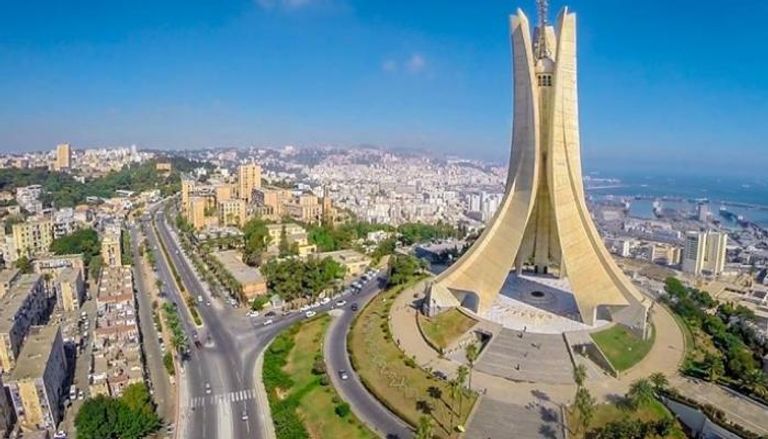
- Main Exports: Natural gas, oil, phosphates.
- Key Projects: Diversifying the economy, renewable energy.
- Notes: Algeria relies heavily on hydrocarbons but is seeking to diversify its income sources.
Comparison of Arab Economies by Purchasing Power Parity (PPP)
When measuring economies based on Purchasing Power Parity (which takes into account the cost of living), the ranking changes slightly:
- Egypt ($2.23 Trillion)
- Saudi Arabia ($2.11 Trillion)
- UAE ($849 Billion)
This means that the purchasing power of the Egyptian citizen is higher compared to other countries, even though the nominal GDP is lower.
Fastest Growing Arab Economies in 2025
According to the International Monetary Fund’s forecasts, the most prominent Arab economies in terms of growth rate include:
- Saudi Arabia: Supported by non-oil Vision 2030 projects.
- Morocco: Due to the growth of the automotive industry and exports to Europe.
- UAE: Thanks to investment in technology and the digital economy.
Challenges Facing Arab Economies
- Dependence on Oil: Most major economies (such as Saudi Arabia, UAE, and Iraq) still rely heavily on oil revenues.
- Unemployment: Especially in countries like Egypt and Jordan, where population growth does not match job opportunities.
- Political Instability: As in the case of Syria, Libya, and Yemen, which are suffering from a sharp economic decline.
The Future of the Arab Economy
Despite the challenges, Arab economies have tremendous potential, especially with:
- Diversifying Income Sources (such as the pharmaceutical industry in Saudi Arabia and Jordan).
- Investing in Renewable Energy (Saudi and UAE solar energy projects).
- Arab Economic Integration, which may enhance the negotiating power of Arab countries in global markets.
🚀 Conclusion: Saudi Arabia, the UAE, and Egypt are leading the Arab economic scene, but the future will depend on the extent to which these countries succeed in adopting a sustainable and diversified economy away from oil.
